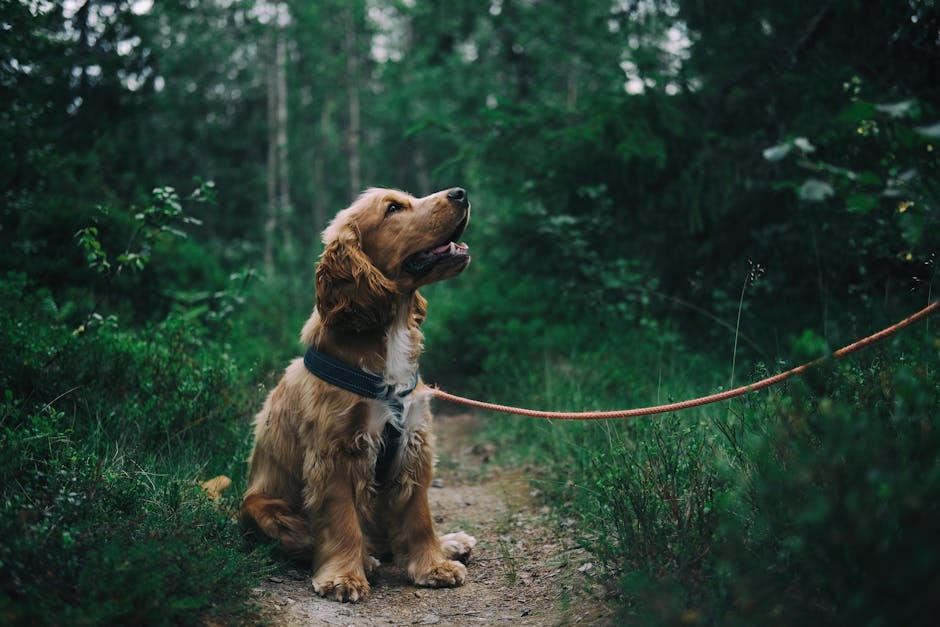Training your dog can be a rewarding experience for both you and your furry friend. It can help strengthen your bond, improve communication, and make your dog a more well-behaved companion. With patience, consistency, and positive reinforcement, you can train your dog to obey commands, perform tricks, and behave appropriately in various situations.
**Start Early**
Begin training your dog as early as possible, ideally when they are puppies. Puppies are more receptive to learning and more likely to form strong habits. However, older dogs can also be trained, although it may require more time and effort.
**Use Positive Reinforcement**
Reward your dog with treats, praise, or affection when they perform desired behaviors. This will motivate them to continue repeating those behaviors. Avoid punishment, as it can damage your relationship with your dog and undermine their training.
**Be Consistent**
Consistency is key in dog training. Use the same commands and cues every time you want your dog to perform a behavior. This will help them understand what you expect from them.
**Keep Training Sessions Short**
Training sessions should be short and engaging. Start with brief sessions of 5-10 minutes and gradually increase the duration as your dog progresses. This will prevent them from getting bored or overwhelmed.
**Use Clear Commands**
Use short, clear commands that your dog can easily understand. Avoid using multiple words or complex sentences. Instead, stick to simple, single-word commands such as "sit," "stay," or "come."
**Socialize Your Dog**
Exposing your dog to different environments, people, and other animals will help them become well-rounded and less likely to develop fear or aggression. Take them for walks, visit dog parks, and attend obedience classes.
**Enroll in Obedience Classes**
Consider enrolling your dog in obedience classes. These classes provide a structured environment where you and your dog can learn basic commands and socialization skills. They also offer the opportunity to get feedback from experienced trainers.
**Be Patient and Persistent**
Dog training takes time and patience. Don't get discouraged if your dog doesn't learn a command immediately. Just keep practicing and rewarding them for their effort. With consistency and positive reinforcement, your dog will eventually learn the desired behaviors.
